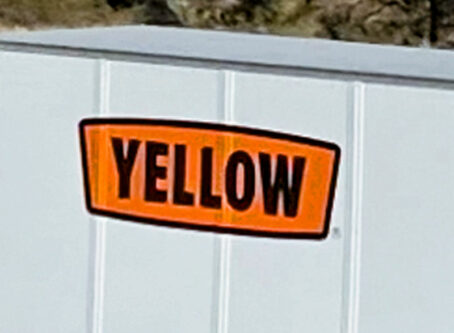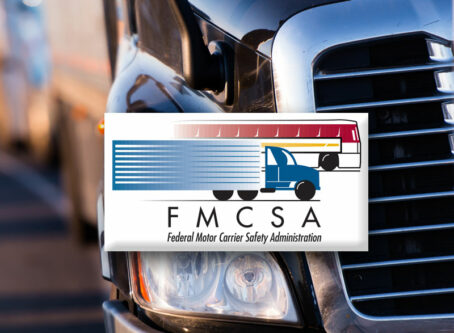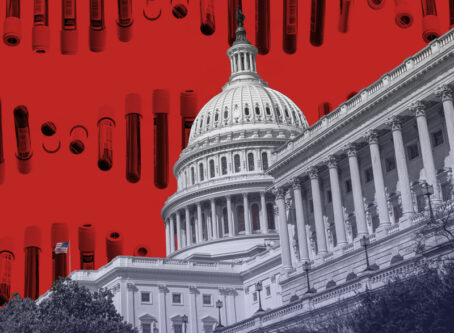FMCSA reports two crashes under emergency declaration since March 2020
For nearly two-and-a-half years, truckers hauling relief loads have received an exemption from some of the hours-of-service regulations under a federal emergency declaration.
Although motor carriers have utilized this waiver for thousands of trips during that span, the Federal Motor Carrier Safety Administration told Land Line that it is aware of only two crashes related to the declaration. Both were single-vehicle crashes, and neither yielded major injuries.
“Since March 2020, when FMCSA issued the COVID-19 declaration, it has been reported that two commercial motor vehicles were involved in crashes while operating under the COVID-19 declaration,” FMCSA Public Affairs wrote in an email to Land Line.
The agency said both crashes involved propane bobtail delivery trucks.
According to FMCSA, one driver admitted to falling asleep and resulted in the driver losing control of the truck and rolling over. The driver received minor injuries, and no other vehicles were involved.
In the second crash, FMCSA said the driver admitted he was tired and backed into a building. No injuries or damages occurred.
Specific crash reports weren’t provided. FMCSA said that because neither crash resulted in major injuries or fatalities, they did not meet the agency’s criteria for a crash summary report. FMCSA learned about the crashes through state partners or through self-reporting from the carriers. One of the crashes occurred on private property.
It is unclear how many hours either driver had been on the road or what affect, if any, the emergency declaration had on the crashes.
House hearing
In July, Rep. Brian Mast, R-Fla., asked Transportation Secretary Pete Buttigieg about the emergency declaration and whether or not it paved the way for more flexible regulations.
Starting in March 2020, FMCSA provided a waiver to truckers who were hauling emergency freight, such as livestock, medical supplies, vaccines, cleaning supplies, groceries needed for emergency restocking, and fuel. The emergency declaration was first issued in response to the COVID-19 pandemic. The latest version of the declaration runs through the end of August – nearly two-and-a-half years later.
“Do you feel as though that you are endangering the lives of any American on the roadway with the hours-of-service waivers that are being given to truckers hauling something related to COVID, or Clorox wipes, or automobile parts?” Mast asked.
“I think the waivers are justified or we wouldn’t enact them,” Buttigieg said. “I think that over time we’re going to learn from the data what affect, looking back, the waivers have had. But, of course, if we didn’t believe they were a responsible way to strike the balance, then we wouldn’t use them.”
Although Buttigieg said he believes truckers have safely delivered freight under the emergency declaration, he fell short of saying that all trucks on the highway should receive a waiver.
“So I think the response to that is the difference in believing that something is a responsible balance and believing that something has no safety impact at all,” Buttigieg said. “I think we’re agreed that it was the responsible way to strike a balance, especially in response to a crisis that has claimed the lives of a million Americans. I would want to see more data to suggest that there was no safety impact at all before I could endorse your conclusion.” LL









